In 1993 practically nobody had ever heard of Oasis. Less than three years later they were arguably the biggest band on the planet (but definitely in Europe), and played a concert in Knebworth, England in front of 125,000 people. For two nights in a row. And it could have been a lot more: Over 2.5 million people applied for tickets for the shows, meaning the possibility of 20 sold-out nights (it remains the largest-ever demand for concert tickets in British history). In between they made one of the greatest rock records of all time, (What’s The Story) Morning Glory?, which became one of the best-selling albums ever, and included no fewer than three of the most undeniably perfect, absolutely epic rock and roll songs I’ve ever heard: ‘Wonderwall,’ ‘Champagne Supernova,’ and ‘Don’t Look Back In Anger.’
Oasis were most heavily influenced by The Beatles, an impact that was often labeled as an “obsession” by British media. In fact, it sometimes seems like just about everyone who brings up Oasis has some inclination towards dismissing them by saying they sounded too much like The Beatles…that they ripped off The Beatles, etc. Well, why don’t we try to settle it: did they sound like The Beatles? Hell yes, they did. Now tell me this: what in the names of John, Paul, George & Ringo is bloody wrong with that?!
But whereas the adorable mop-tops from Liverpool were almost never anything but lovable, Oasis, the fateful creation of brothers Noel and Liam Gallagher in Manchester, were anything but. Alternately antagonistic to the music press, fellow bands, and their fans, but far more than anything else, to each other, the Gallagher brothers were instead the enchanting anti-heroes, cocksure and captivating hooligans, whose uncivil attitudes and ill-mannered behavior somehow never for a moment left them any less endearing. I’d have to say, with all due respect to the quarreling Davies brothers of The Kinks, the warring Robinson brothers of The Black Crowes, or even the litigious Fogerty brothers of Creedence Clearwater Revival, the Gallaghers of Oasis together provided the most acerbic, acrimonious, forever-feuding set of brothers (or for that matter, any pair of humans) to ever co-lead a rock group. Maybe if Cain and Abel had started a band…
And hiding their spitting scorn for each other was also never part of the deal, instead it manifested frequently in savage on-stage and in-studio spats, and most memorably (and colorfully) in regular media appearances. Noel once said of Liam: “I read these interviews with him and I don’t know who the guy is who’s in these interviews. He seems really cool. Because the guy I’ve been in a band with for the last 18 years is a fucking knobhead.” Liam once notably countered, “I like Noel outside the band. Human Noel. But the geezer that’s in this fucking business, he’s one of the biggest cocks in the universe.” But my all-time favorite for sure, again Noel vividly opining on Liam, was this: “He’s rude, arrogant, intimidating and lazy. He’s the angriest man you’ll ever meet. He’s like a man with a fork in a world of soup.”
Still, no ribald disparagements or callous clash of kin could ever get in the way of the brothers making truly harmonious music. Noel, five years the elder, wrote all the songs and lyrics while bringing forth the massive, hook-laden wall of guitar; Liam provided the vocals delivering his husky, soulful renderings while in a back-bending crouch from seemingly underneath the microphone. But importantly, no one should confuse many of their classic songs’ eminent hummability or pervasive familiarity as any legitimate diminishment; the songs, on merit, were fabulous. I’ve heard it said that the opening four acoustic guitar chords of ‘Wonderwall’ is the most likely strumming to detect from the average hack at a Guitar Center. And I bet at this point a lot of people are inclined to think of that song, for instance, as well as several other of the most noteworthy Oasis tunes, as soft, maybe even borderline cheesy. Well, to those people I say what I assume Noel and Liam would: Piss off. Is ‘Hey Jude’ weak? Is ‘Here, There and Everywhere’? ‘Something’? Of course not. They’re classics of the rock and roll songbook. And so is ‘Champagne Supernova,’ the superlative song I’ve chosen to feature here below.
Commenting in The New York Times in 1996, critic Neil Strauss wrote, “What Oasis has done in Britain, unifying an entire country under the banner of a single pop act, a band could no longer achieve in a country like the U.S. In Britain the band reigns unchallenged as the most popular act since The Beatles, and there is an Oasis CD in roughly one of every three homes there. Last month, the band drew 250,000 people to Knebworth for the biggest outdoor concerts in the country’s history. And, the group’s battling brothers appear as regularly as royalty on tabloid covers.” Near a decade-and-a-half later I found myself swilling a few Guinness in an unassuming neighborhood pub in Dublin along with old friends Duck, Kap and Cek, when a slovenly bloke crawled up on a stool with his guitar and launched into that beginning sequence of ‘Wonderwall.’ Almost immediately, like tipsy Pavlov’s dogs, every single person in that pub raised their pints in the air – many doing that move where you swing it side-to-side with elbow out-stretched – and merrily sang along. To every goddamn word. Some even became a bit misty-eyed and started hugging strangers (alright, maybe that was just me, who can say). But the point is, that’s the universal power of a song – in this instance, an incredible, unforgettable Oasis song. How does it stick timelessly in everyone’s brains that many years after it came out, to emerge instantaneously like the flow from a draught tap? How can just hearing it unfold possibly evoke such potent feeling? I surely don’t know, but I do know only a truly great song can do that.
In 2009, around the same time as my pub sing-along, Oasis’s manager announced the cancellation of a huge Paris festival show just minutes before it was scheduled to begin, along with a startling statement that the group “does not exist anymore.” Two hours later, a message from Noel appeared on the band’s website, stating in part: “It is with some sadness and great relief to tell you that I quit Oasis tonight. People will write and say what they like, but I simply could not go on working with Liam a day longer.” Mere months after, at the 2010 Brit Awards, Oasis was accorded “Best British album of the last 30 Years” for (What’s The Story) Morning Glory?, which Liam collected while thanking bandmates Bonehead Arthurs, Paul McGuigan, and Alan White – but not brother Noel (he then proceeded to throw both his microphone and the band’s award into the audience). As relates to the Gallaghers, the phrase “irreconcilable differences” would seem properly applied. Yet, the understandable drumbeat for an Oasis return has persisted unabated for many years. After all, this is a group that, at the time of their 2009 break-up, had sold over 75 million records worldwide – making them one of the best-selling bands of all time – and in a Q Magazine poll to name the fifty greatest British albums of the last fifty years, had two of their albums voted first and second: (What’s The Story) Morning Glory? from 1995 as well as its predecessor, 1994’s Definitely Maybe. Seriously. In front of The Beatles, Pink Floyd, Radiohead, and, well, you name it.
So what about that reunion? For the ever-sniping brothers, any path to possible détente has remained elusive. Noel briefly provided fans a glimmer of hope saying he wouldn’t completely rule it out. “Well it could happen,” he began, “but there would have to be an extraordinary set of circumstances. I think I’ve seen him twice in 10 years and both times we nearly ended up in a fight.” Liam, for his part, responded with characteristic churlishness and a series of juvenile Twitter taunts highlighted by his oft-repeated reference to his brother as “a potato,” leading Noel to a public rebuke of “If you think for one minute I am going to share a stage with you after what you’ve said you are fucking more of a moron than you look.” Even all-around good guy Dave Grohl, rock and roll’s Tom Hanks, has recently gotten involved, just last year initiating a public petition to get Liam and Noel Gallagher back together as Oasis. This time it was Noel whose insolent reply was aired. “I’d like to start another petition,” Noel sneered, “to get the Foo Fighters to split up.”
All hope, it seems, is lost. Unless, bizarrely, the unspeakable inhumanity of a once-in-a-century global pandemic were somehow the impetus for a pride-swallowing brotherly reconciliation. In March of 2020, Liam announced that he was interested in reuniting the band with Noel once the crisis was over – in point of fact, demanding it – in order to raise money for the National Health Service, the government funded healthcare system of the United Kingdom. The denouement, perhaps, could lie within Noel’s own words, a simple question that comprises the opening line of ‘Champagne Supernova’: “How many special people change?” I, for one, could get pretty emotional about the idea of hoisting a pint of Guinness in 2021 and hearing Oasis play this glorious song live…along with maybe 125,000 new-found friends.
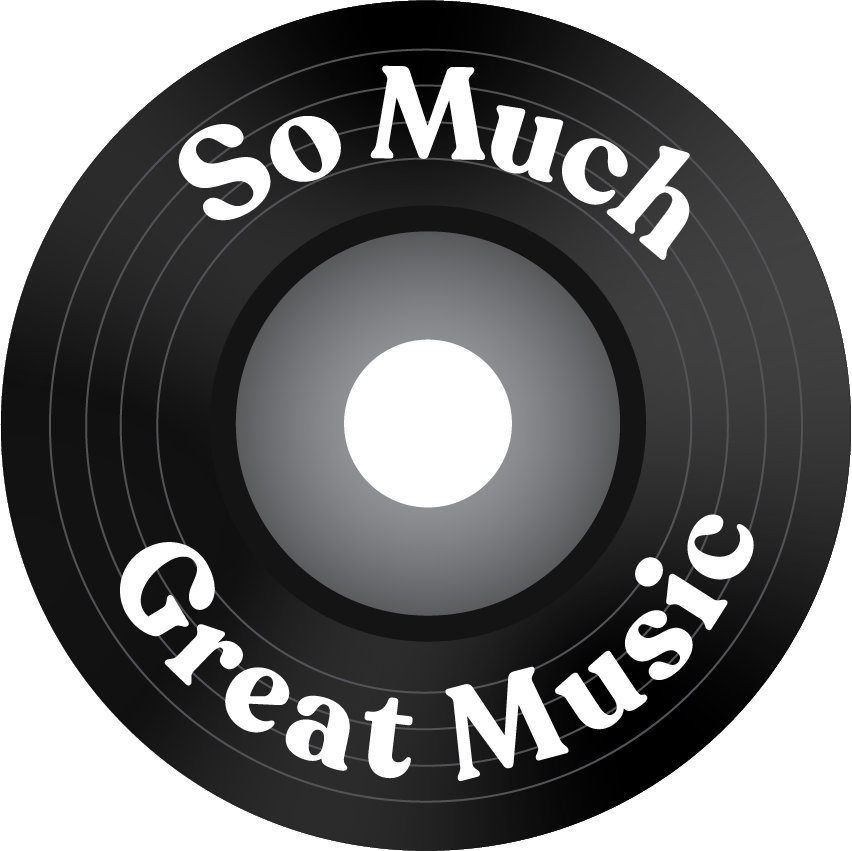
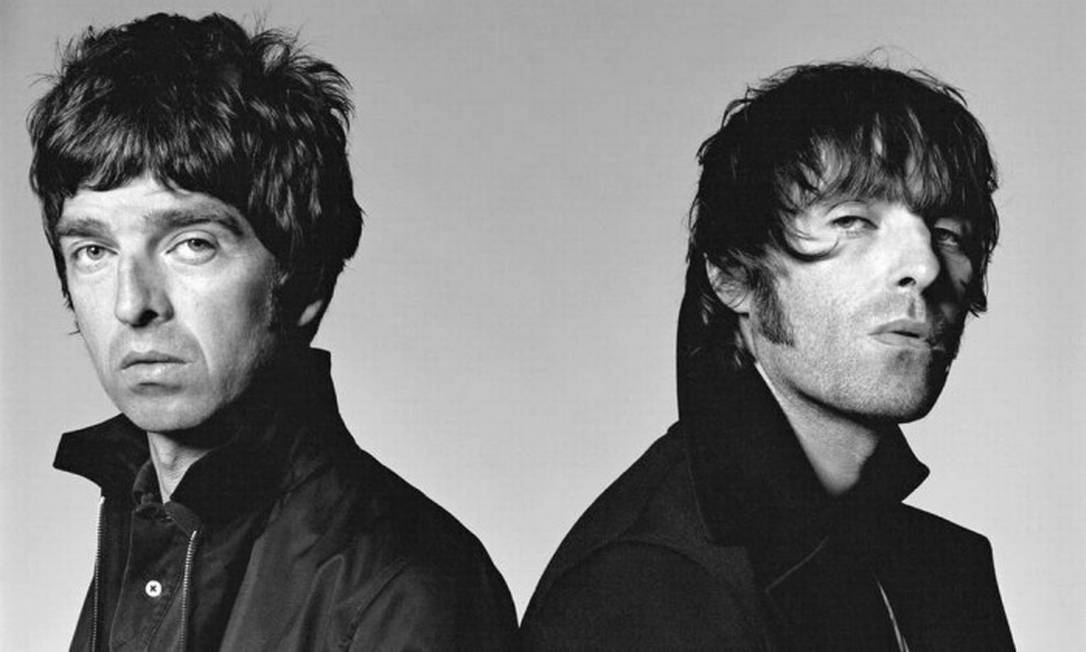


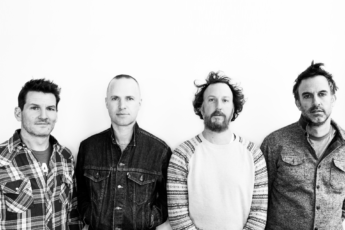
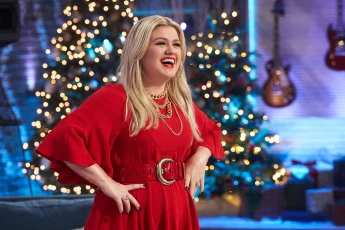
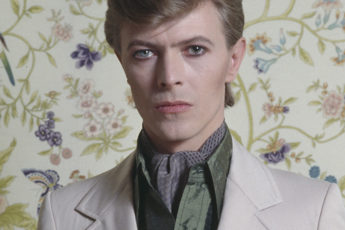
Leave a Comment